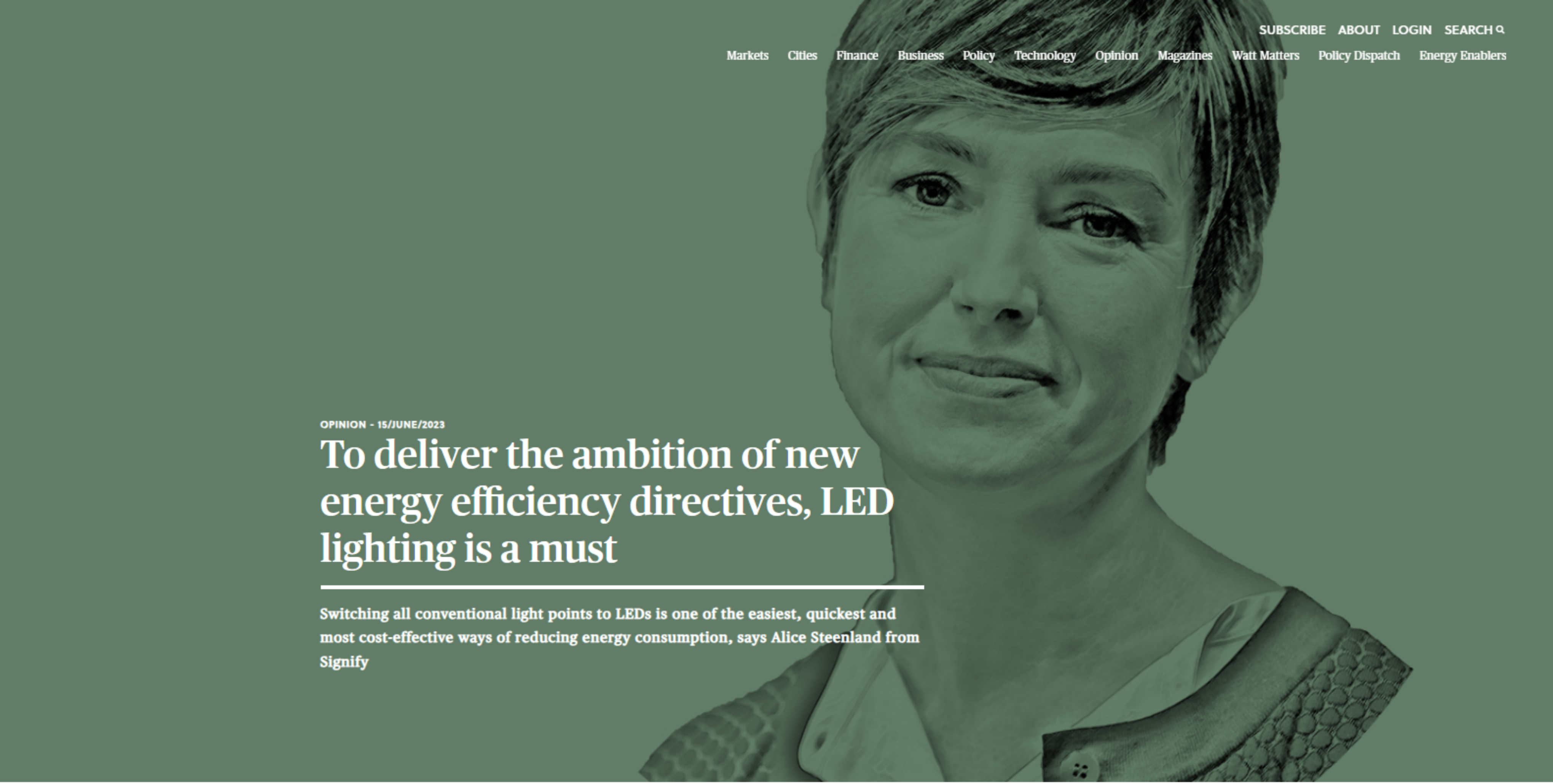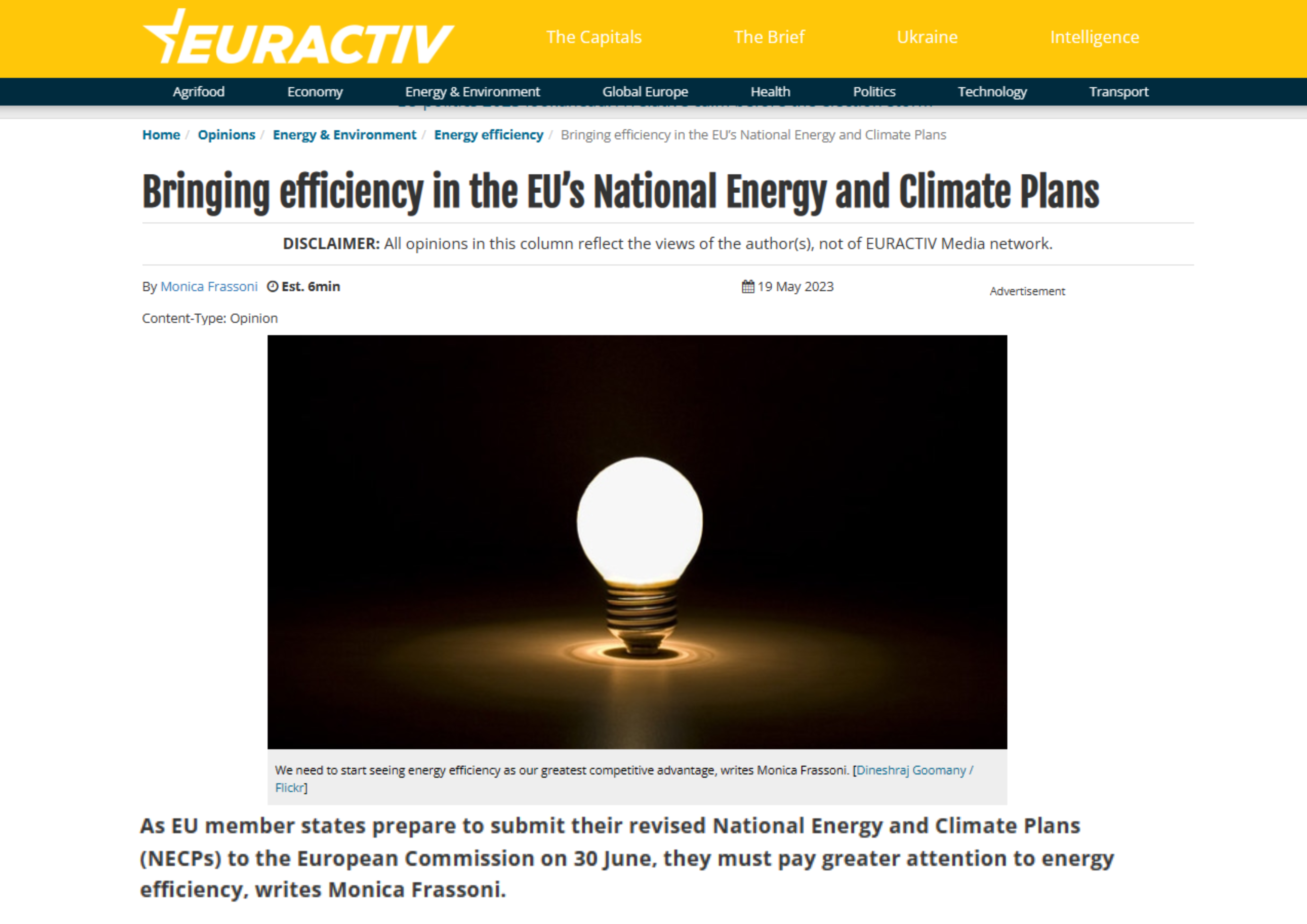Digital Twin of buildings: a way to enhance energy efficiency and net zero commitments

Buildings in the EU are responsible for 40% of energy consumption and 36% of greenhouse gas emissions that includes construction, usage, renovation and demolition phases (1). Legislation such as the European Energy Performance of Buildings Directive (EPBD) is progressively addressing these challenges by establishing concepts of zero emission and nearly zero emission buildings. The EU Energy Efficiency Directive (EED) established the “how” by universal deployment of smart meters and high-efficiency drives. The EU Renewable Energy Directive (RED) paved the way for renewables and waste heat recovery in the urban environment. Digitalization brings it all together.
Digital Twins are a representation of real-world physical assets that serves for simulation, integration, testing, monitoring, and maintenance purposes.
In the context of buildings, Digital Twins bring numerous benefits. First, it connects the smart building to the smart city so that a building is no longer managed as an isolated entity but as an active cell in a larger organism with which it interacts at many levels: people, goods, utilities and data.
Second, it leverages AI to build complex models, forecast, reduce risk and send early warnings on any areas of interest: from building occupancy and comfort temperature to biological risks and cyber attacks.
Third, it makes sustainability and carbon footprint visible real-time and therefore actionable. It also reinforces District Heating and Cooling’s advantages for heat delivery, sustainability and affordability.
Last but not least, it is easy to implement without disrupting current building infrastructure, ideal for building renovations as well it is technology agnostic, it leverages all utilities and sensors already installed (telecoms, water, power, surveillance, HVAC).
In conclusion, digital twins of buildings are a good way forward to drive an ambitious energy efficiency and net zero agenda in the future that should be considered by policy-makers, local authorities and stakeholders.
Victor Ferre
Senior Director Vertical Marketing – Building Services Europe
Xylem
Source: 1. In focus: Energy efficiency in buildings. European Commission




